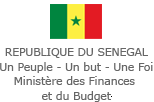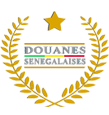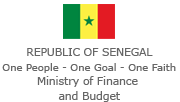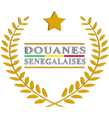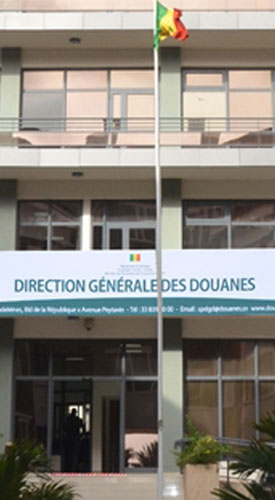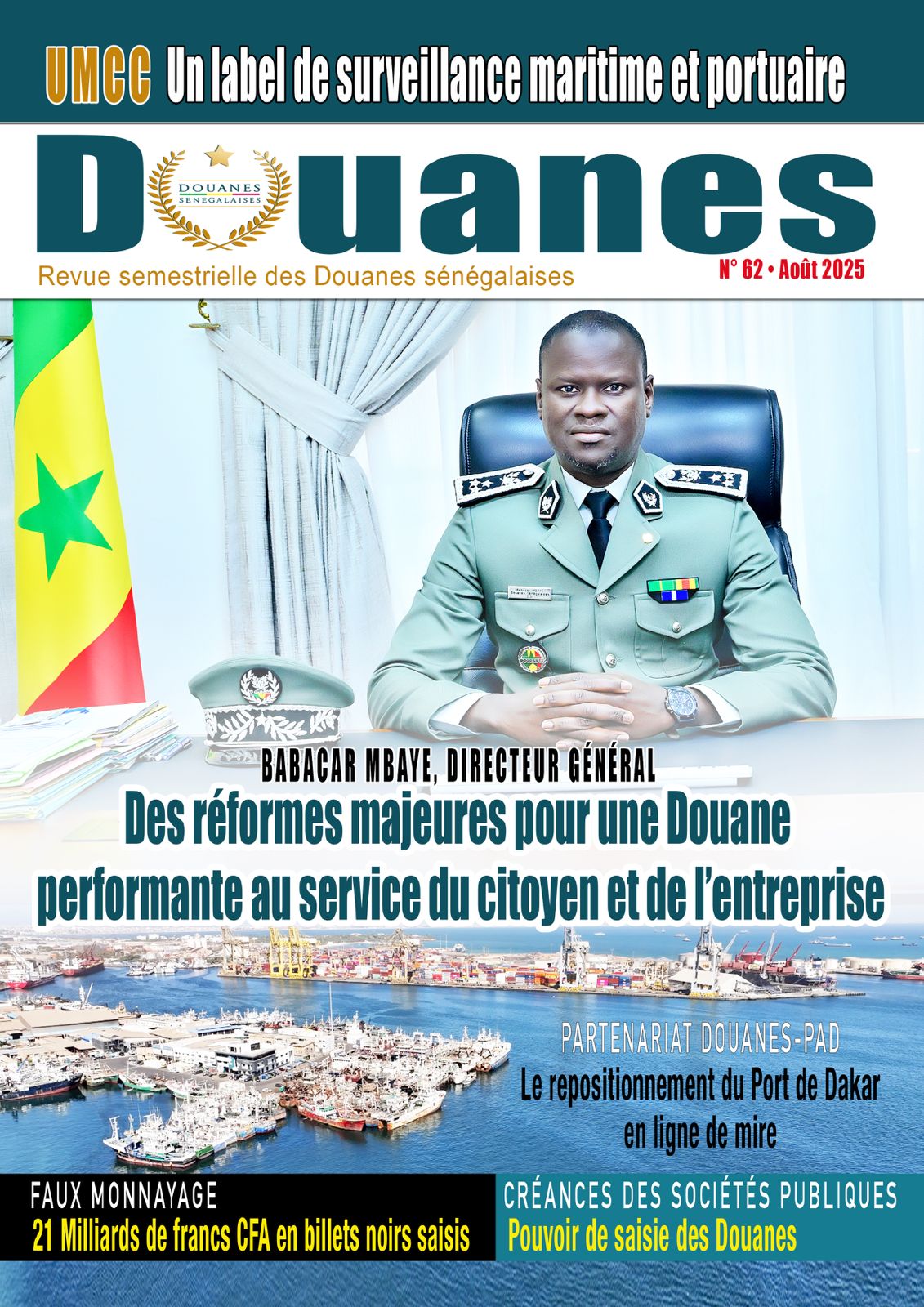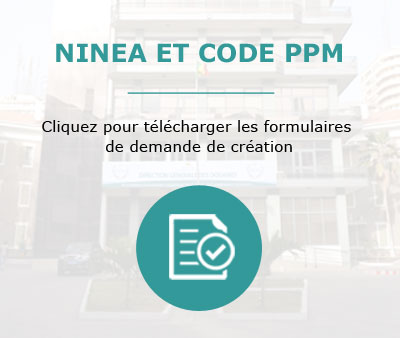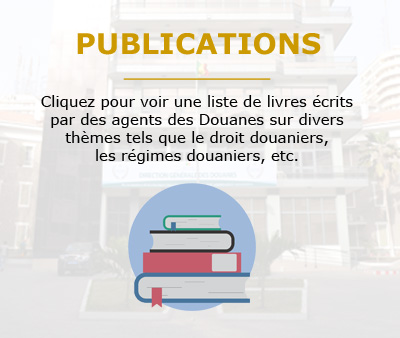Senegalese Customs at the service of development
From the Independence (1960) to this day the Senegalese’ Customs has been acting to improve its administration for a better service. Main reforms in the administration have also been engaged in order to fit in economic, social and judicial evolutions that compose the sector.
1962: appointment of the first General Director, Abdourahmane Dia;
1969: themilitarization of the customs, strengthening of security system;
1970’s: gloomy years (the drought, the oil crisis, the rise of the Dollar currency…);
1986: the tariff reform, reduction of taxes on port duties concerning inputs of local industry;
1987: the adoption of a new Customs’;
1990: beginning of GAINDE revolution;
1995: the creation of the WAEMU, the Franc CFA devaluation and establishment of the common market;
2000’s, the Senegalese customs in facing the new millennium
These years are a turning point in the evolution of the Senegalese customs on all domains. On the one hand, the globalization of trade, the development of information and communication technologies, and the implementation of concepts of Safety and Security in trade, on the other hand, have required an adaptation and reinforcement of the capacities of human and material resources:
2000: the implementation of the Common Foreign Tariff of the WAEMU
2000: The implementation of the Common Foreign Tariff in the WAEMU
2000: GAINDE 2000
The Customs’ performance result from the praiseworthy efforts of authorities combined with the Common Foreign Tariff which favored the rise of the Customs’ performance.
2001: considerable rise of 219 billion registered;
2009: a regular Receipt known regular rising and reached 431 billion;
2010: GAINDE 2010;
At this stage the software includes the collecting of files (ORBUS, the electronic payment (CORUS) and other services which allow to the Customs’ administration to speed up the execution of everyday stains in the great centers of customs’ clearance at the national level, to monitor the economic policy in terms of effective answers to issues and anticipation on the implementation of the authorities’ vision. This version has been exported to Kenya and some countries have appealed for a test of reliability for an option to purchase.
2012: Senegalese Customs, winner of the United Nations Prize;
2013: Dematerialisation;
2014: Customs’ new Code.
